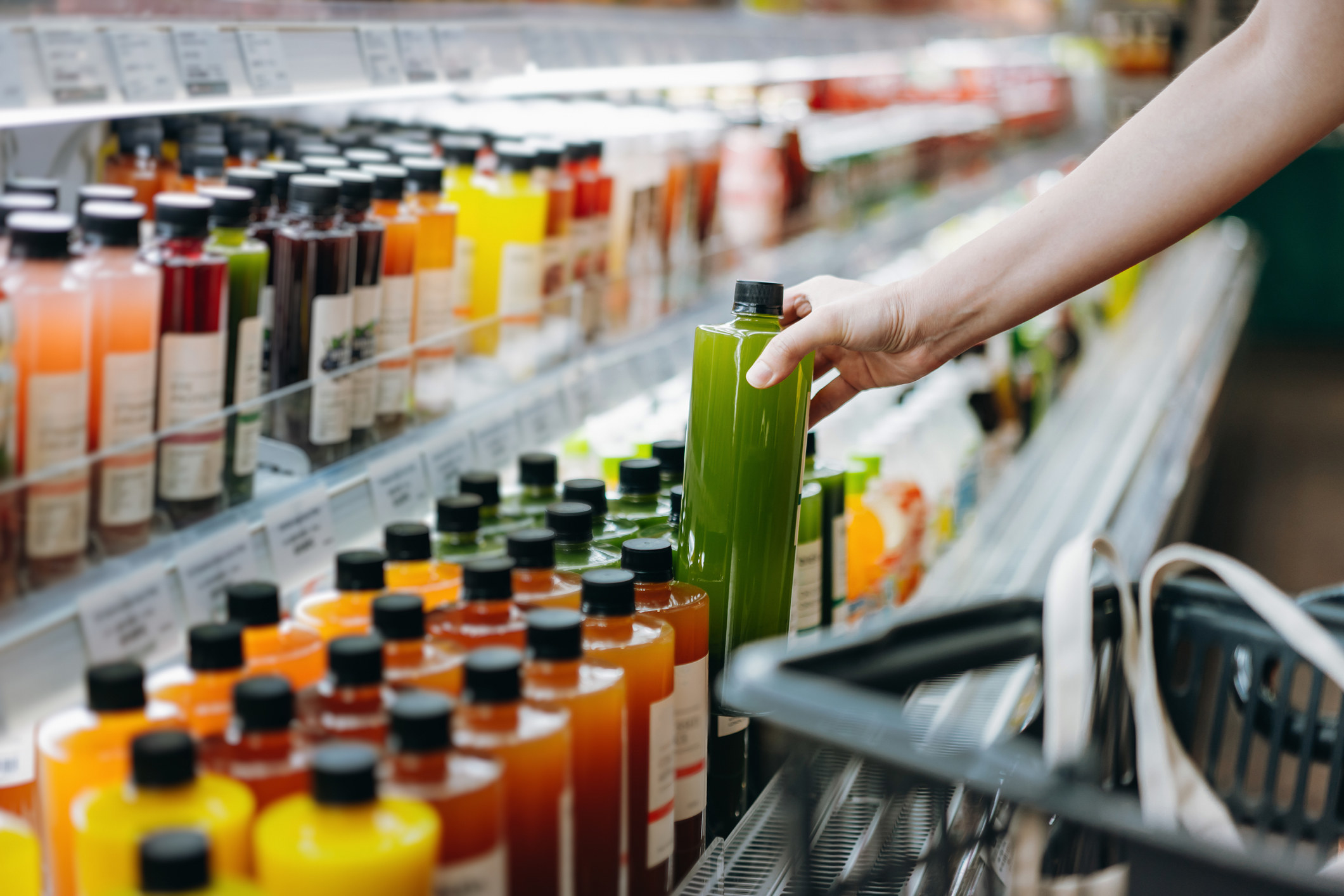"There Is Zero Evidence That It's Any Worse For You": Dietitians And Experts Are Debunking Popular Food Myths That Many People Still Believe
"A very small percentage of people show a sensitivity to it, but the same goes for any ingredient in your food."
We're constantly being fed a ton of information about the food we consume, including plenty of "facts" we take as such, without even questioning.
So Redditor u/Rapid_falls263 asked, "Nutritionists, dietitians, and other food experts, what are some food myths most people believe?" I rounded up the responses, plus some more from the BuzzFeed Community.
1. "That you shouldn't drink from a cup of water that has been left sitting out overnight. Your water might taste a little funny if it's been sitting on your bedside table overnight, but it is still perfectly fine to drink. After all, water itself contains no ingredients that would make it go bad."

2. "People think the white gunk that comes out of cooked salmon is fat. Actually, it's protein. It's easy to mistake the foamy white paste for fat, but in reality, it's a harmless protein called albumin.

3. "That MSG is bad for you. It's a sodium salt from glutamic acid which is an amino that our body naturally synthesizes. It's required by almost all living beings for protein synthesis, and it's not harmful at all to you in moderation, just like regular salt. A very small percentage of people show sensitivity to it, but the same goes with any ingredient. There has been little to no evidence to show that MSG is anymore dangerous or bad for you than regular table salt."
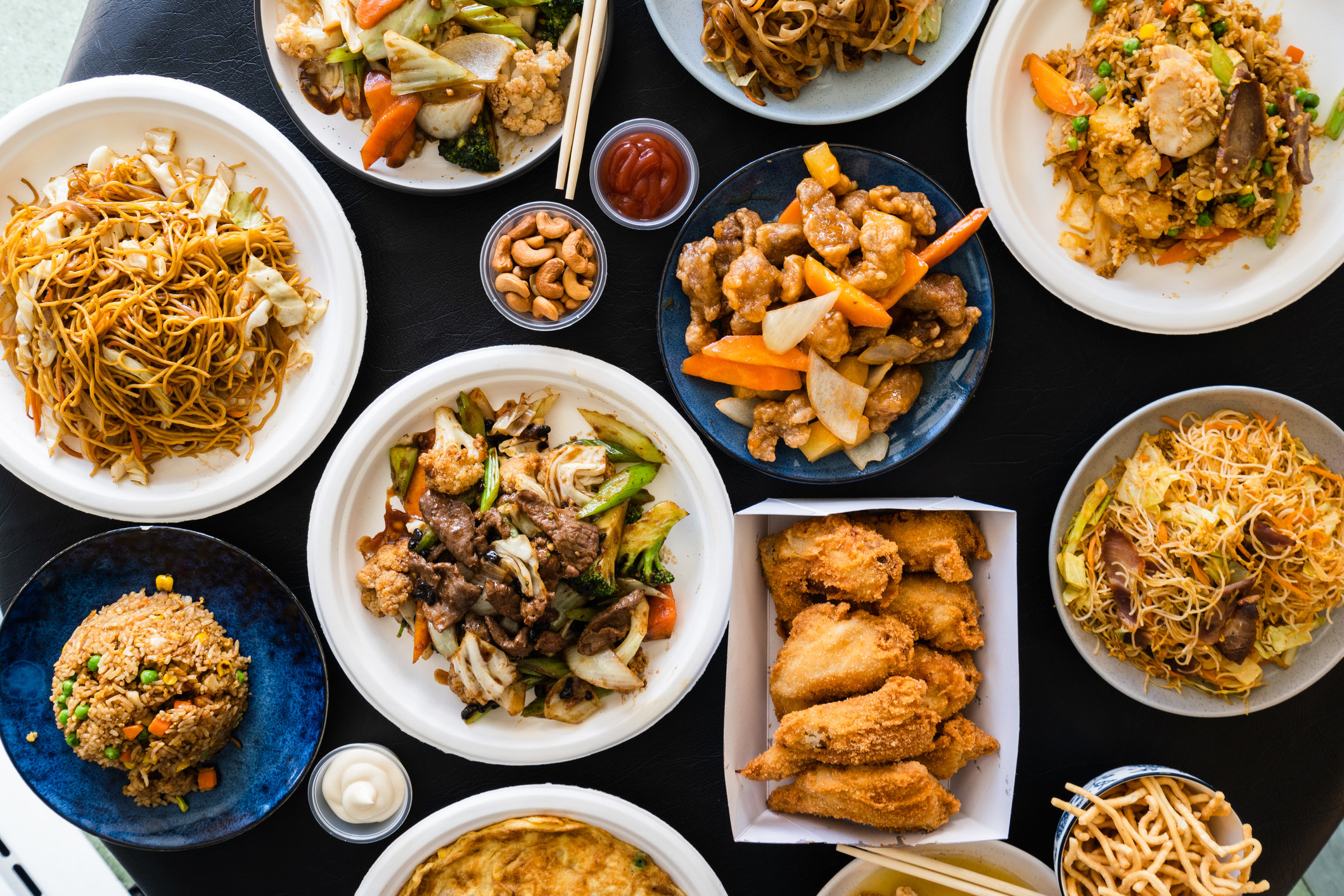
4. "That superfoods are some sort of 'magic' foods. Anything billed as a superfood just has a little bit higher levels of some nutrients than other foods. They're not magic they don't make other, unhealthy foods healthier when paired together."
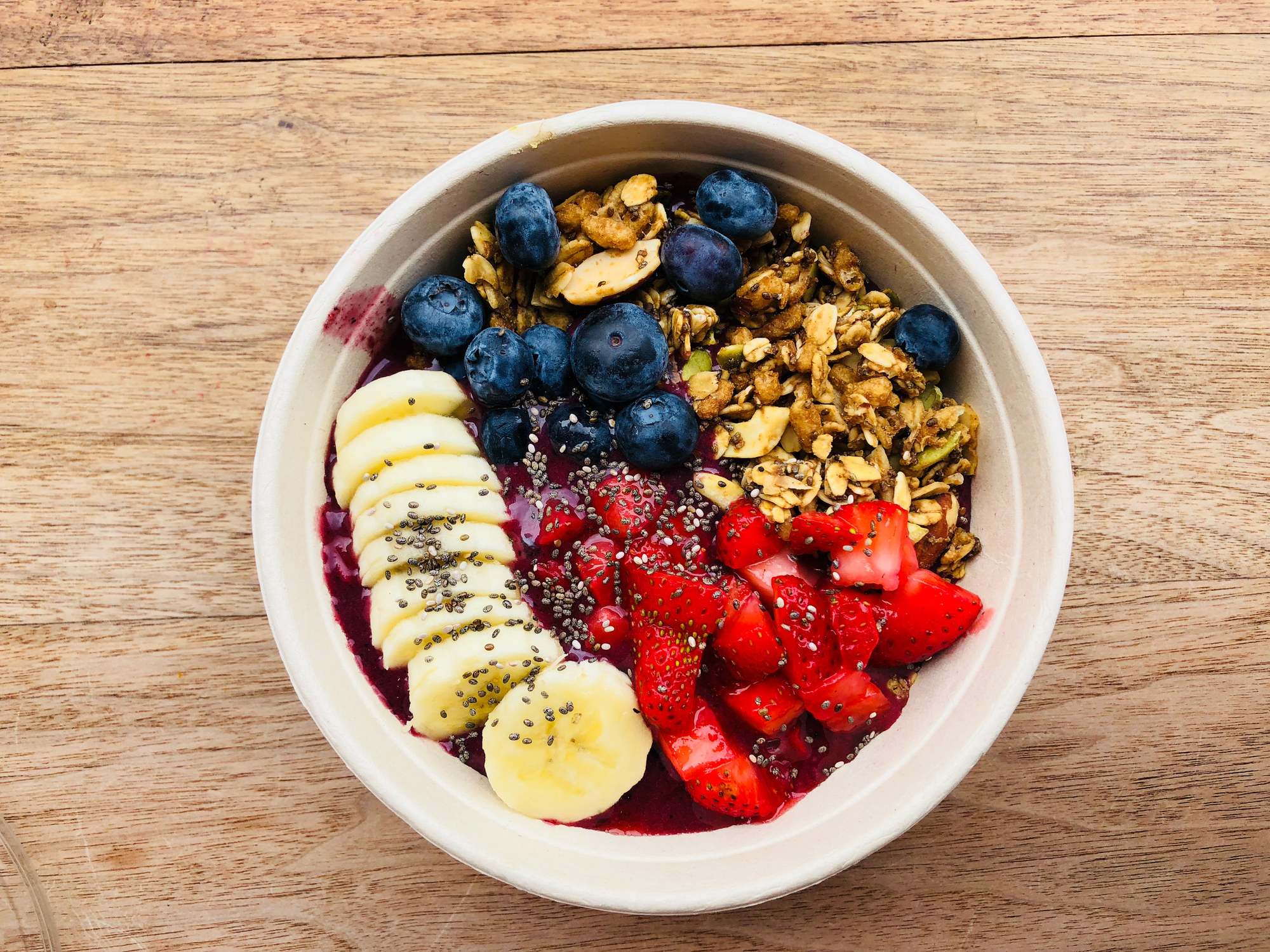
5. "It doesn't take seven years for chewing gum to work its way through you if you swallow it. Gastroenterologist Rodger Liddle from the Duke University School of Medicine told Scientific American: 'Nothing would reside that long, unless it was so large it couldn't get out of the stomach or it was trapped in the intestine.' Most of what gum is made of is indigestible. Some components, such as the sweeteners, will break down."
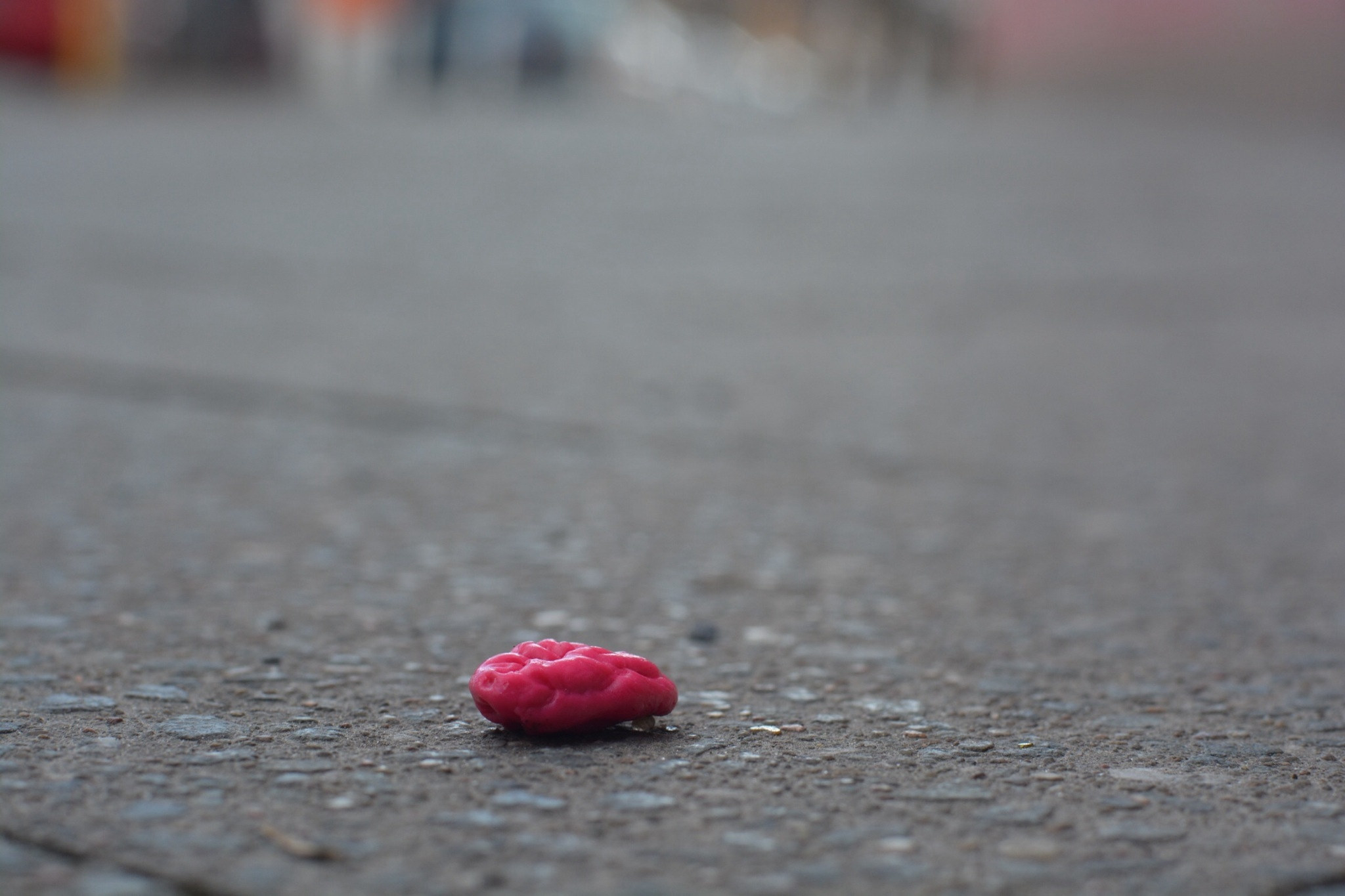
6. "That most vegetarians can't easily get enough protein. People often ask how you can get enough protein if you don't eat meat. According to the US Center for Disease Control and Prevention, the average woman needs 46 grams of protein a day and men need 56 grams. Most Americans consume more than the required amount, and there are plenty of protein sources that are veggie-friendly. In fact, research from the Journal of the American Dietetic Association says an assortment of plant foods eaten over the course of a day can provide all essential amino acids."
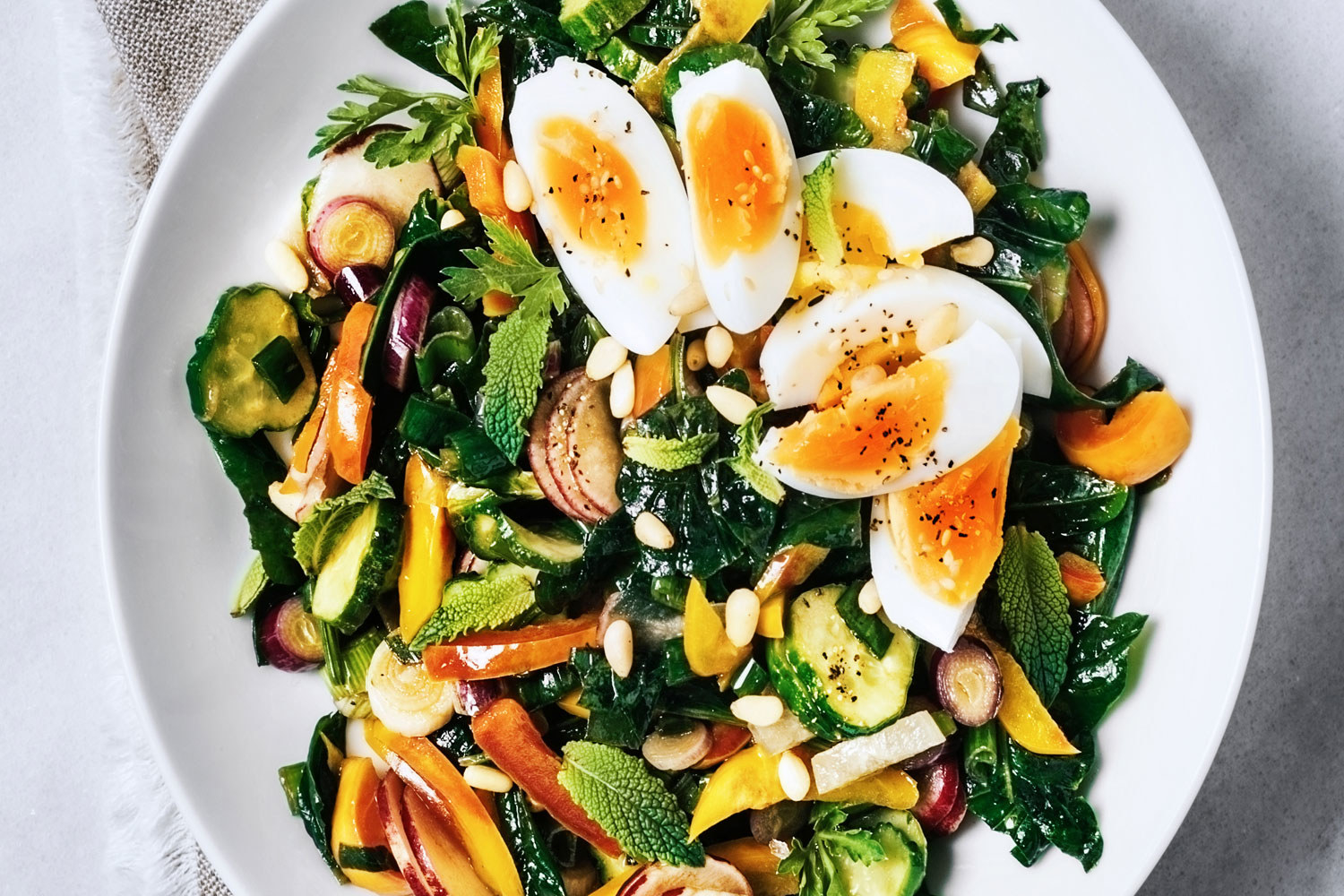
7. "That all store-bought protein drinks are great for you. Actually, they're not. You have to look at what's in these drinks, specifically the sugar content. If it contains 30 grams of sugar in a 300ml drink, that's 10% sugar. While many promote low-fat, high-protein and it sounds great, a lot of people forget to check out the sugar ratio. Making your own protein drinks is a lot better for you. A scoop of natural protein powder, some milk, and fruit is always going to be a healthier option than the processed ones you can buy."
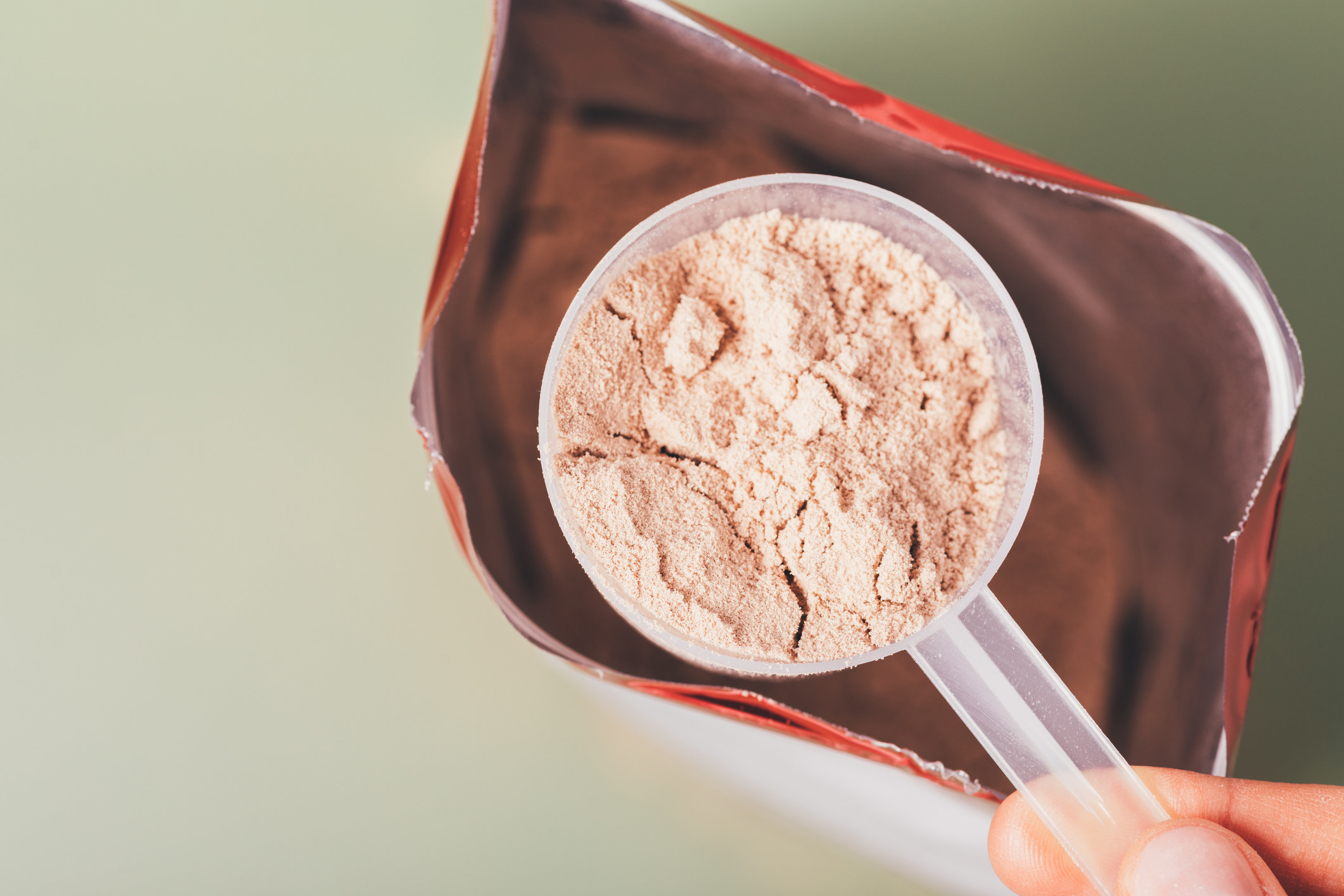
8. "That you should wash chicken before cooking it. Experts actually agree you usually don't need to wash chicken. Everyone we spoke to — including a USDA rep, a germ expert, and a prominent NYC chef — discouraged the practice. Lots of people do it, but it can often be more harmful than helpful."
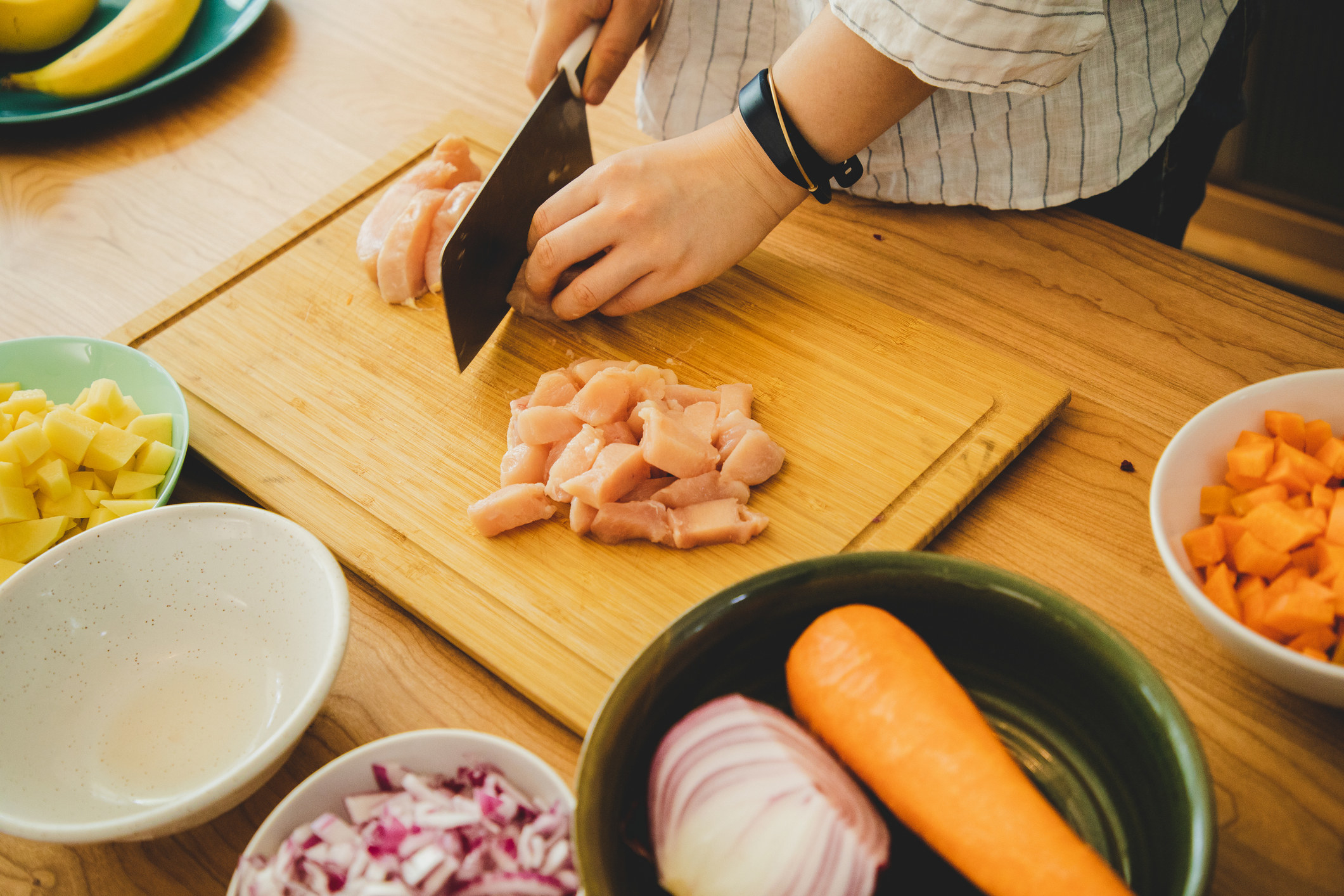
9. "The notion that turkey makes you sleepy is one myth that gets repeated around Thanksgiving. But it doesn't hold up to scientific scrutiny. Turkey contains the amino acid tryptophan but the levels of tryptophan in turkey are not high enough to induce the effect of regulating sleep. The amount of tryptophan in a 4-ounce serving of turkey (350 milligrams) is lower than the amount typically used to induce sleep. The recommendations for tryptophan supplements to help you sleep are 500 to 1,000 milligrams."
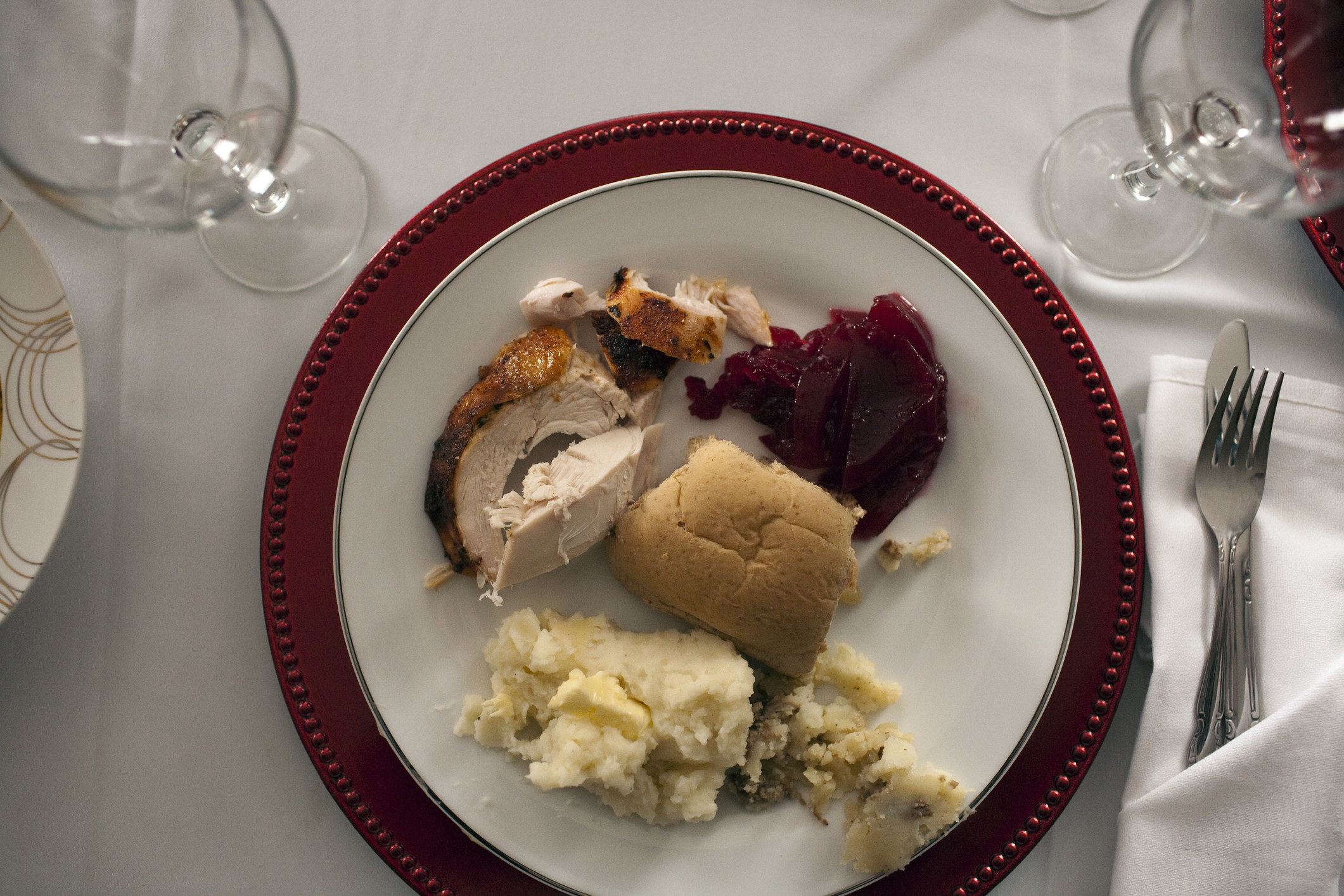
10. "That it's unsafe to drink milk past its sell-by date, even if it's just a day or two. This is not necessarily true. Drinking milk a day or two after the milk’s expiration date (otherwise known as the sell-by date) may not be a safety issue and more of a taste issue. That said, drinking milk any amount of time past its expiration date does increase the risk of developing food-borne illness from bacteria that might have grown."
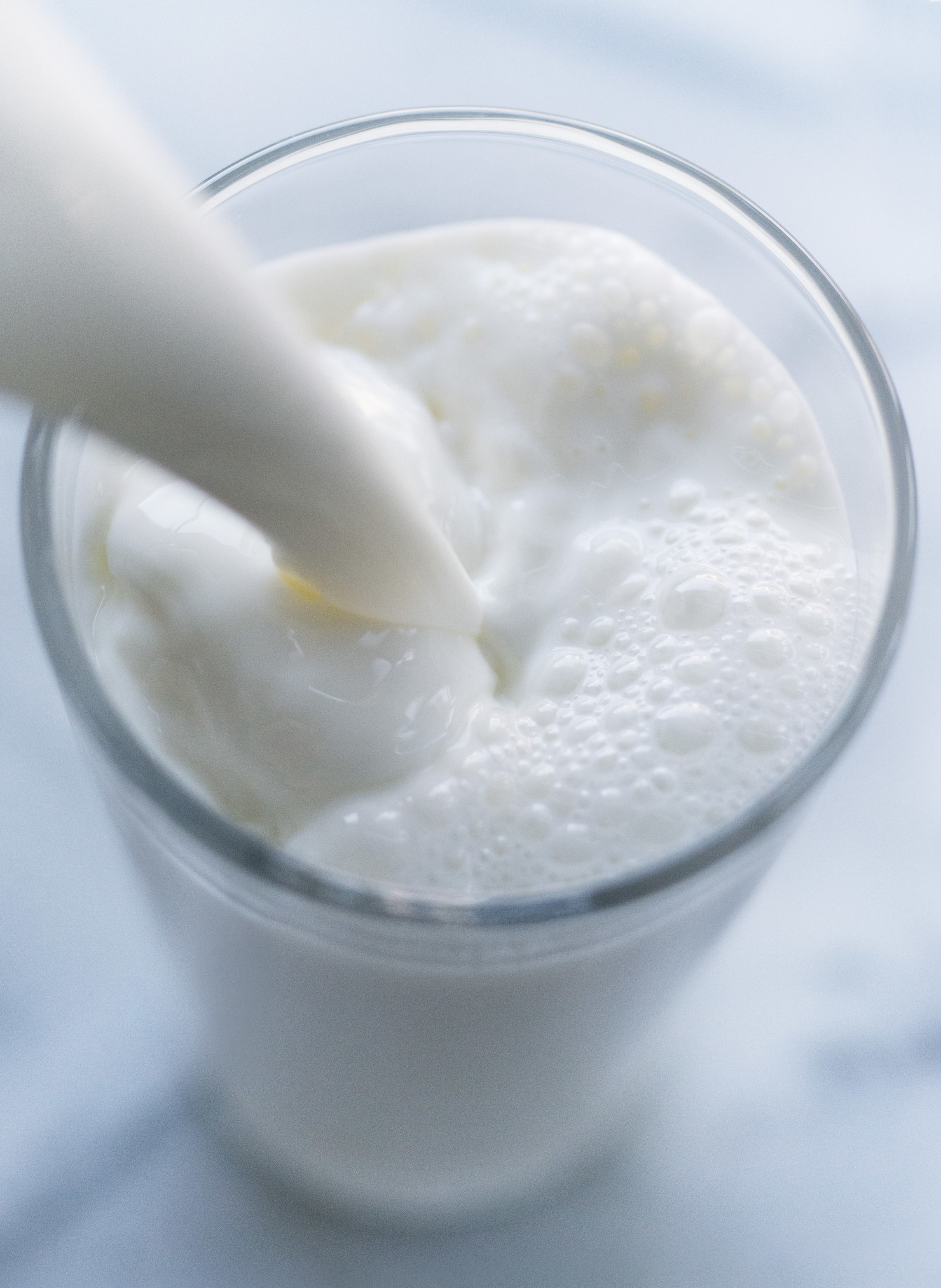
11. "That breakfast is the most important meal of the day. The research on this is mixed, actually. A better way to look at breakfast is asking yourself if you're hungry in the morning. If not, don't force food into your body when you're not feeling it. If you are hungry, then you should eat — and if you choose something healthy (with a good combination of protein, fiber, healthy fats, and some carbs), all the better.
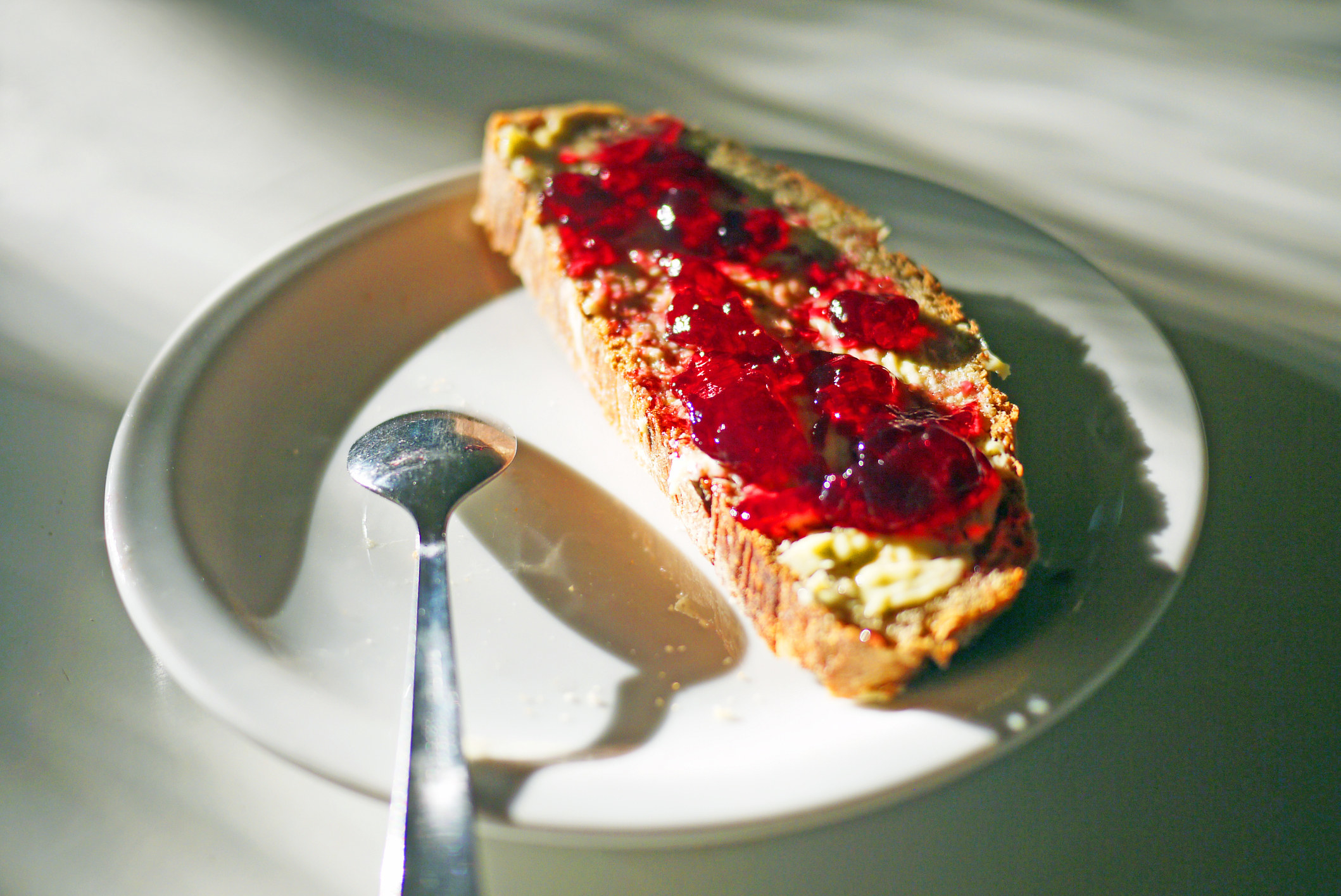
12. "The popular notion that caffeine stunts your growth. There's no proven scientific evidence that caffeine prevents growth. Of course, most of your growth is done by the time you're in your mid to late teens, and it's unlikely you're going to be drinking much caffeine before that point anyway."
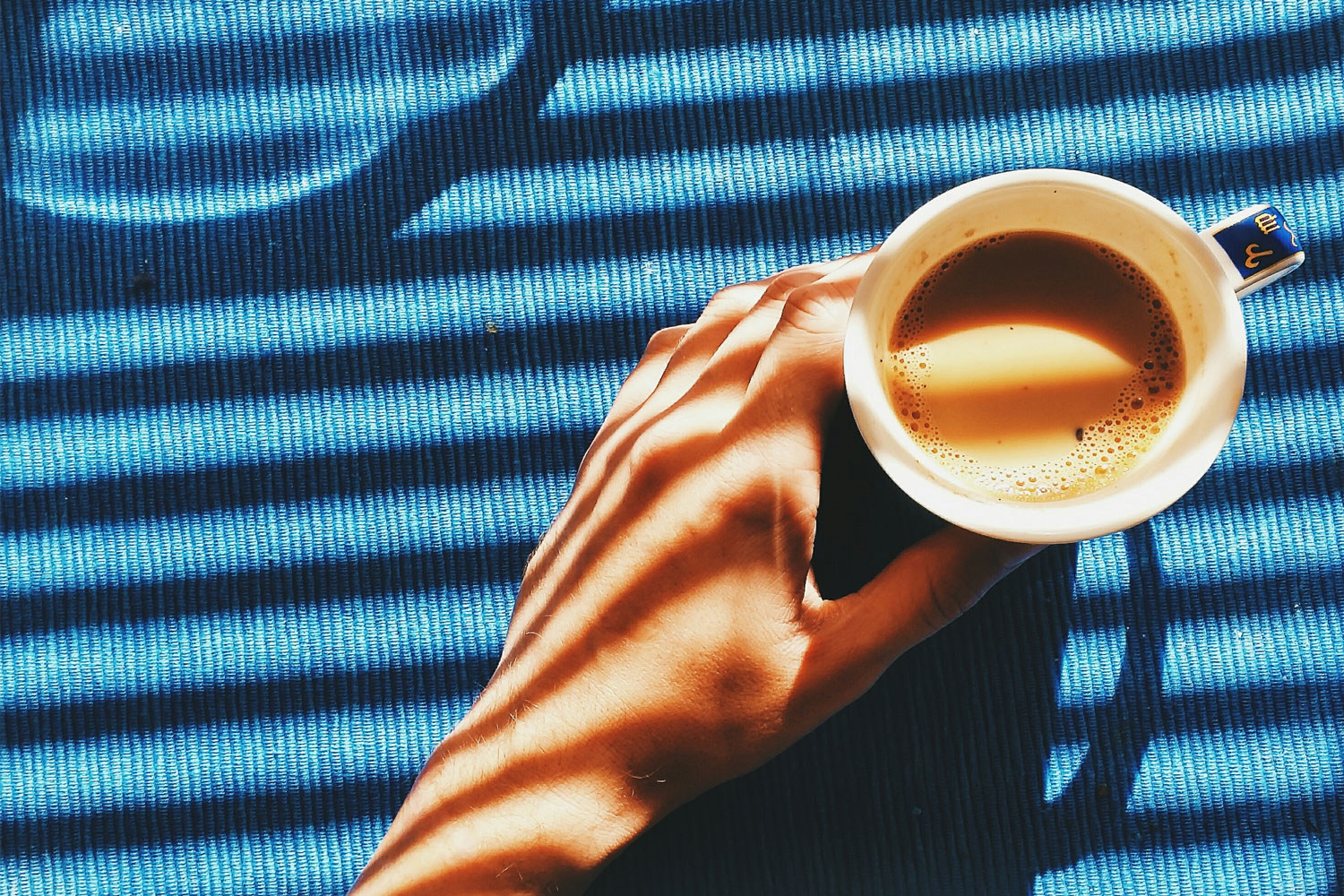
13. "That spinach has way more iron than other vegetables. Spinach does have decent iron content, but it's not that much more than other leafy greens. And actually, some vegetables even have significantly more. For example, one cup of raw spinach has about .81 milligrams of iron, while Brussels sprouts have 1.2 milligrams."
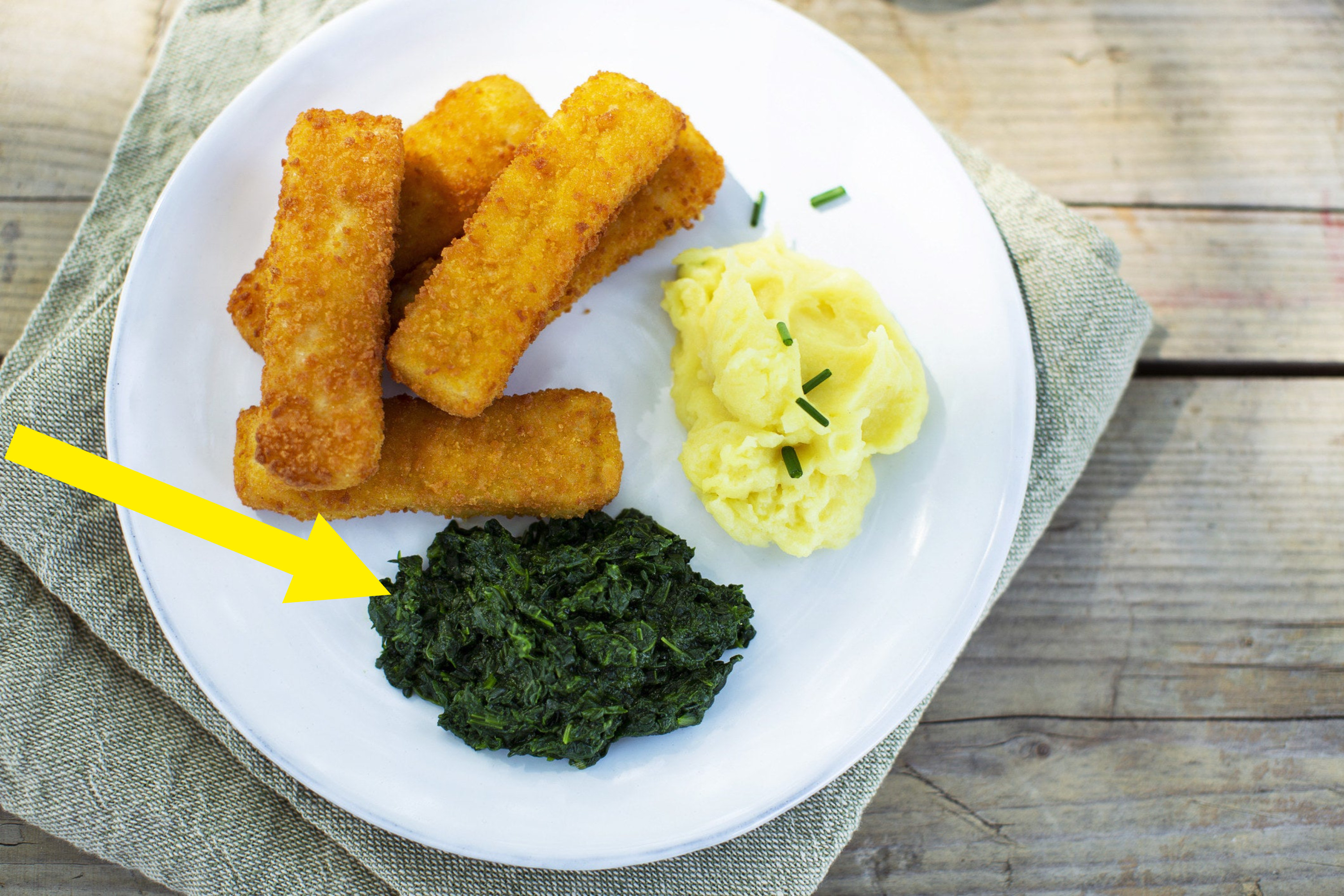
14. "That butter should always be stored in the refrigerator. Despite this popular opinion, various health authorities actually say it's perfectly fine to store a good quality butter for up to ten days outside of the fridge, as long as the room is moderately cool."

15. "I have an advanced diploma in nutrition. The entire health and fitness industry is based around some people saying 'this worked for me so it’s the way to do it.' The fact is, if you want to lose weight, there's no one-size-fits-all approach to how you do it. It's as simple as calories consumed versus calories spent.
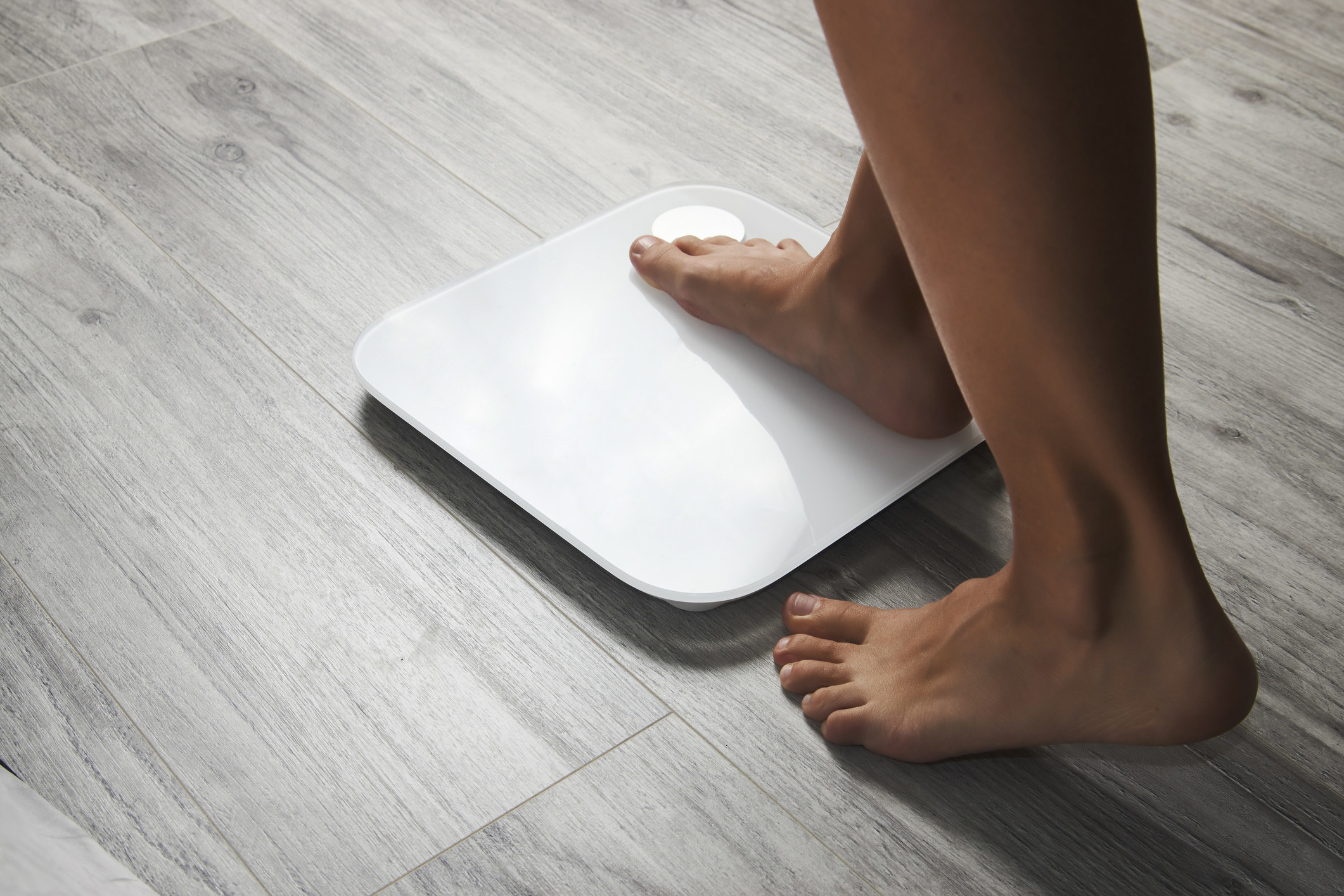
16. "Expiration dates basically mean the longest the manufacturer is willing to guarantee the product for. Usually, they test some quality they think customers care about for a length of time under some specific 'worst case' scenario. Up to the expiration date, the company will guarantee the product is good. Past that, you have to use your own judgment."
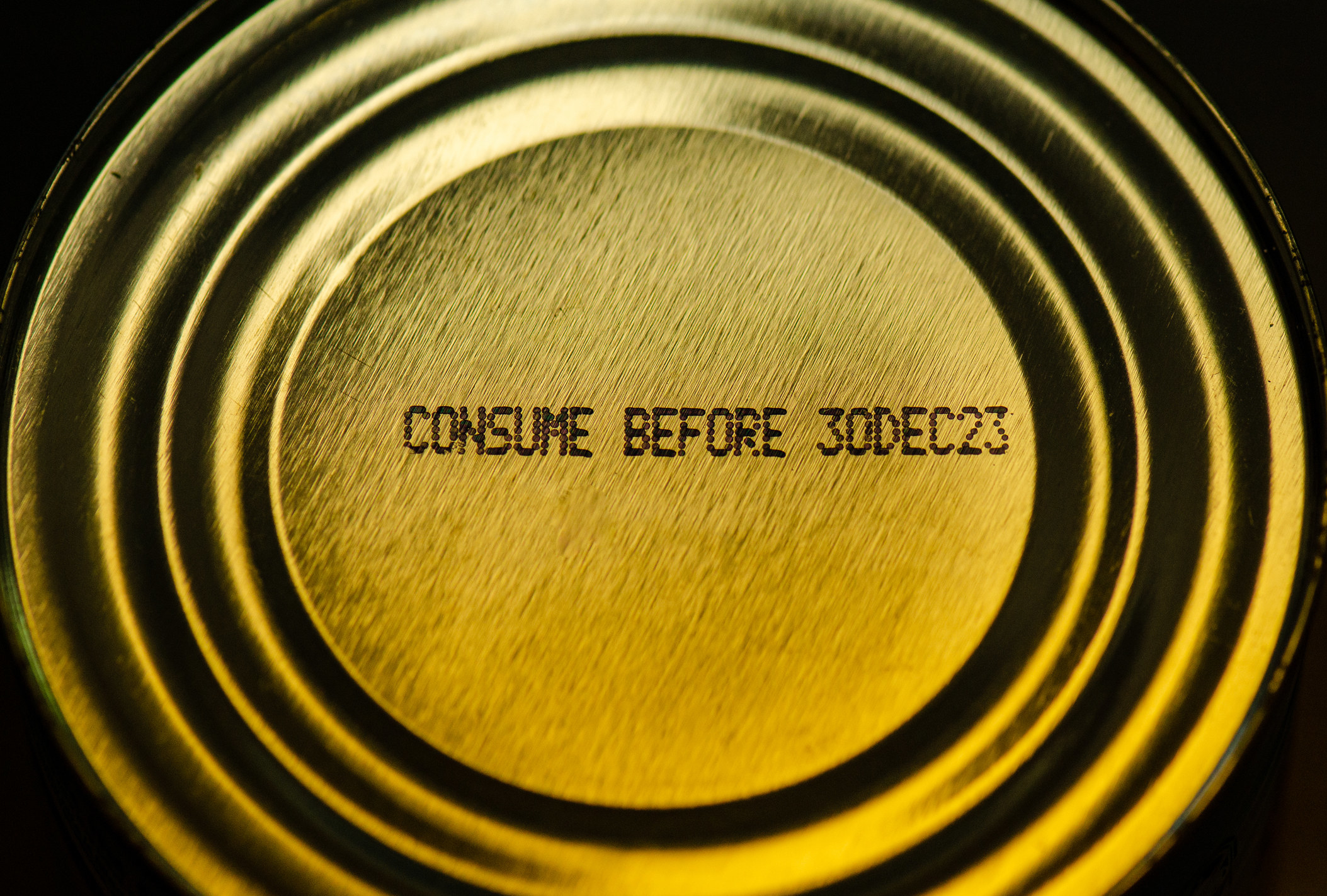
17. "That placing an avocado pit in the center of a bowl of guacamole keeps the top from turning brown. Not the case. Guacamole turns brown when it touches air and oxidizes. You can keep guacamole green by pressing plastic wrap down directly on the surface of it."
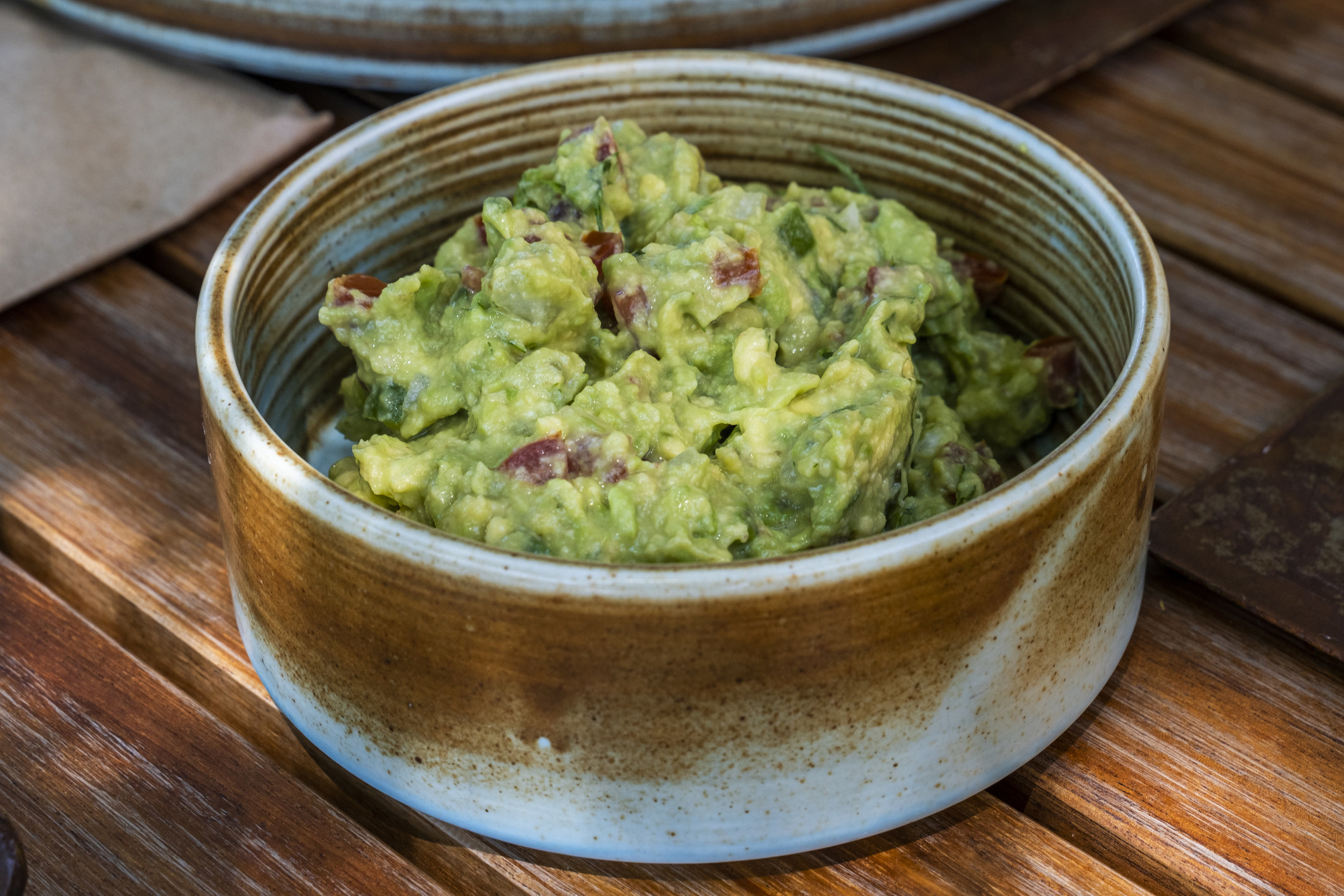
18. "That all fats are unhealthy. Things like salmon, nuts, avocado, etc. are all very healthy sources of fat. That being said, you should still be cautious about how much of these foods you eat. There are a lot of calories in healthy fats like nuts."
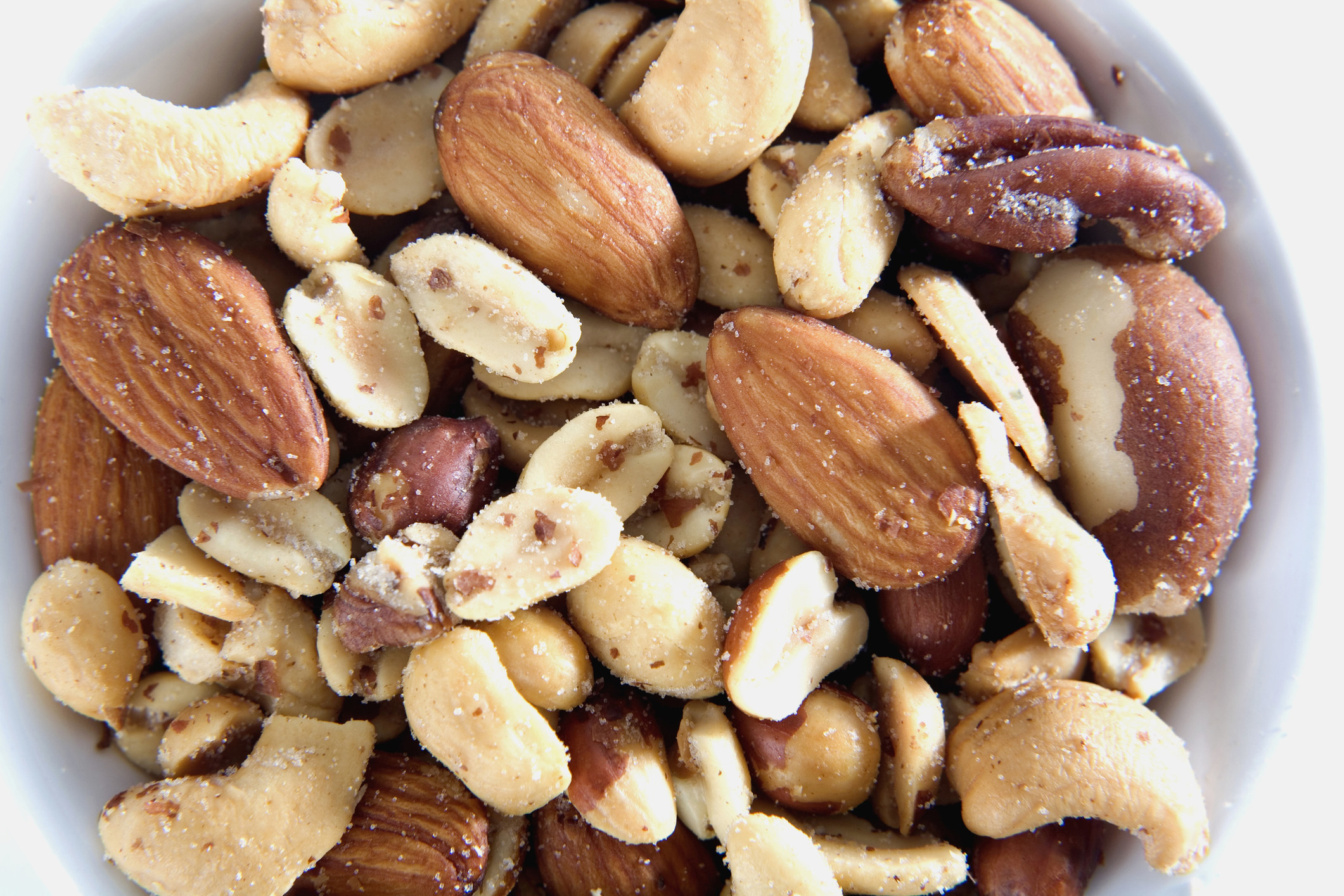
19. "That it isn't safe to eat pork if it's the meat is slightly pink (like pork chops cooked to medium)."
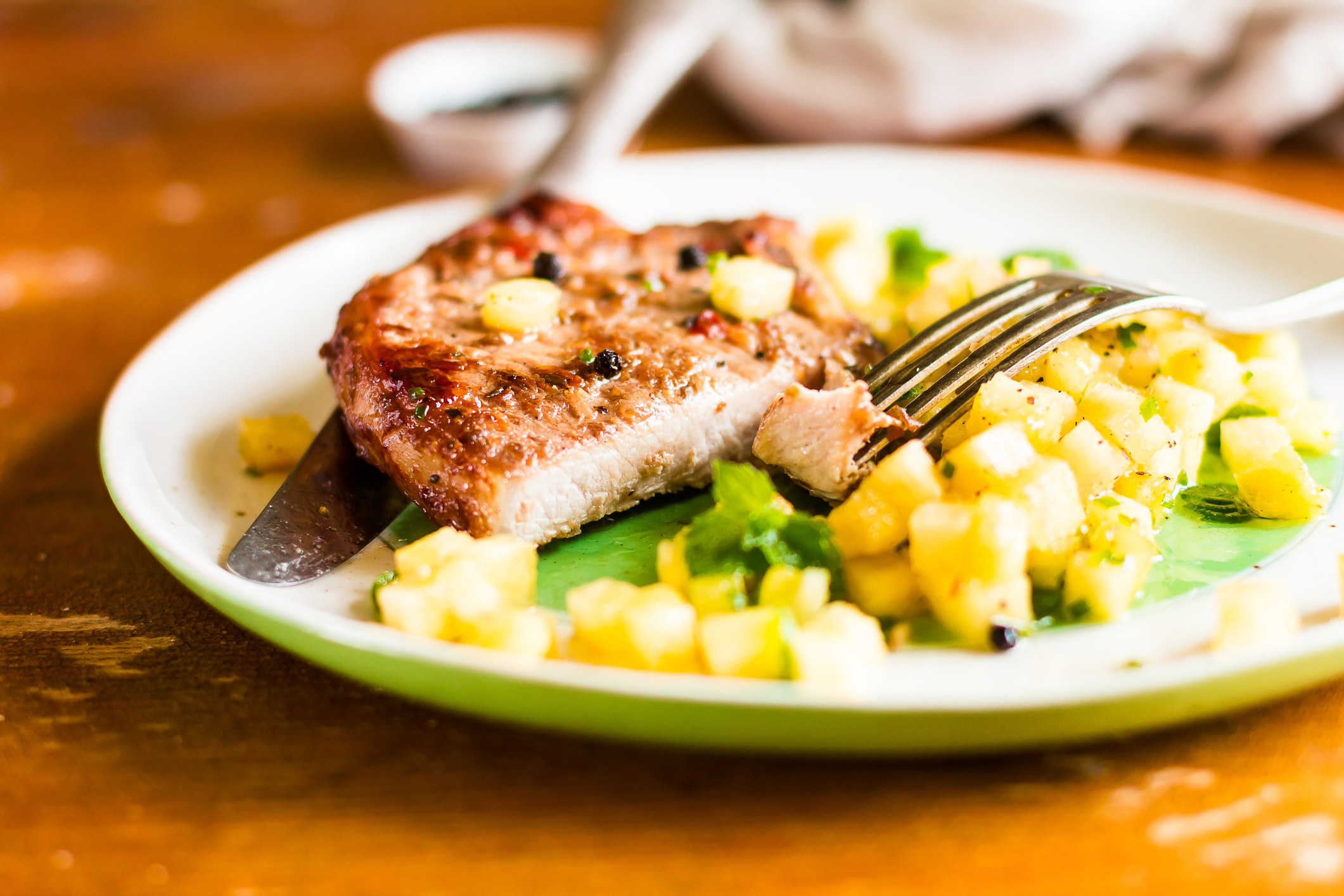
20. "That products marketed as low-fat are healthier. But actually, this isn't necessarily the case. It generally means the sugar content is a lot higher."
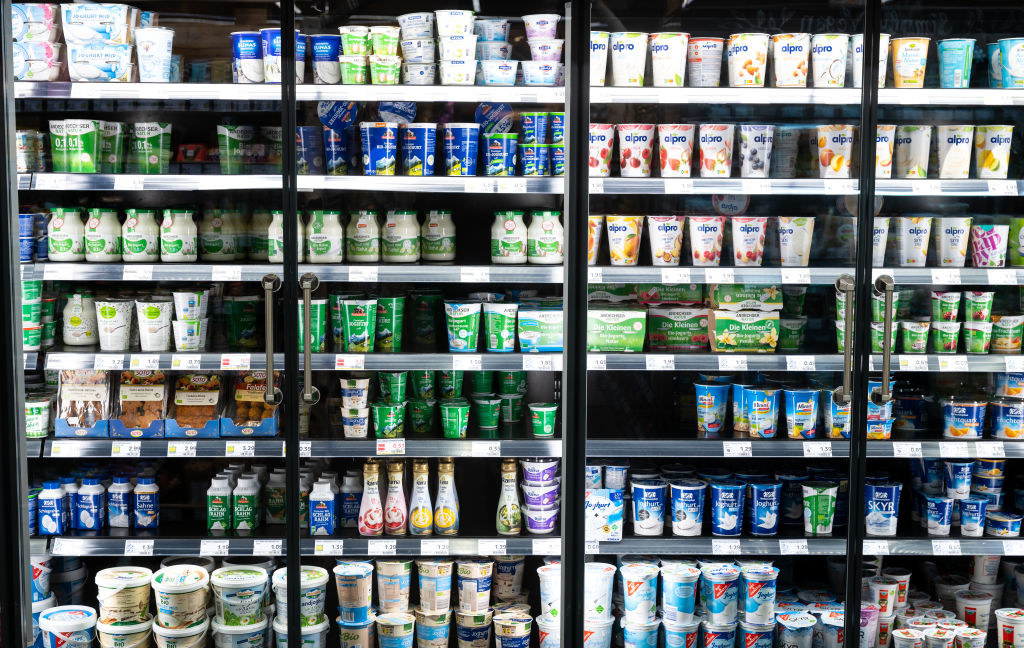
21. "That searing meat 'locks in' the juices. No. Depending on how long and how hot you sear, you may end up drying out the meat. You sear to convert the sugars and proteins into more compound volatile molecules via the Maillard reaction."
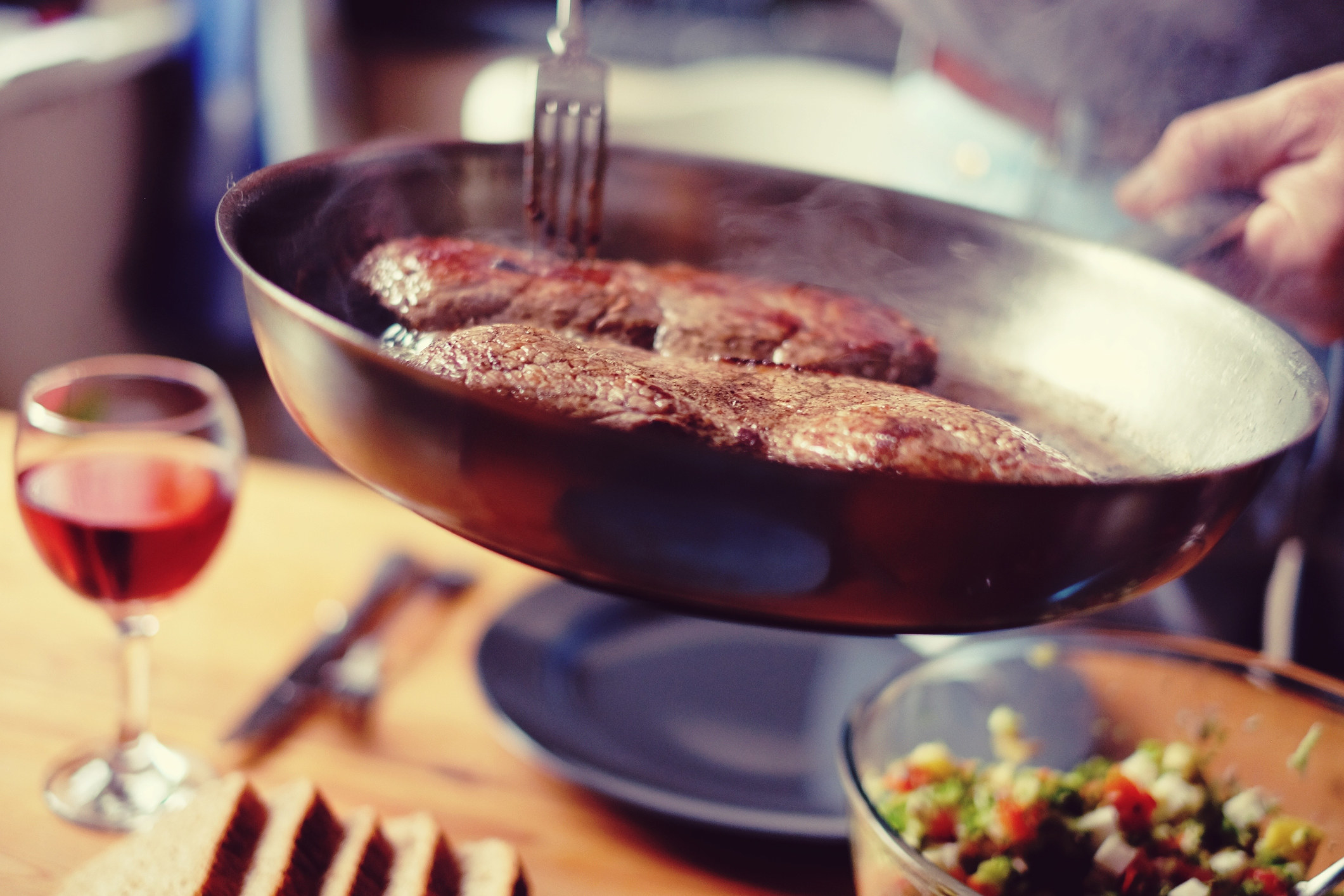
22. "That GMO is inherently a bad thing. Genetic modification isn't harmful in and of itself. No, it won't go mutate your DNA or give you cancer. Some companies may be shady, but GMOs can actually be beneficial to the environment (making crops more resistant to drought, improving vitamin levels, etc)."
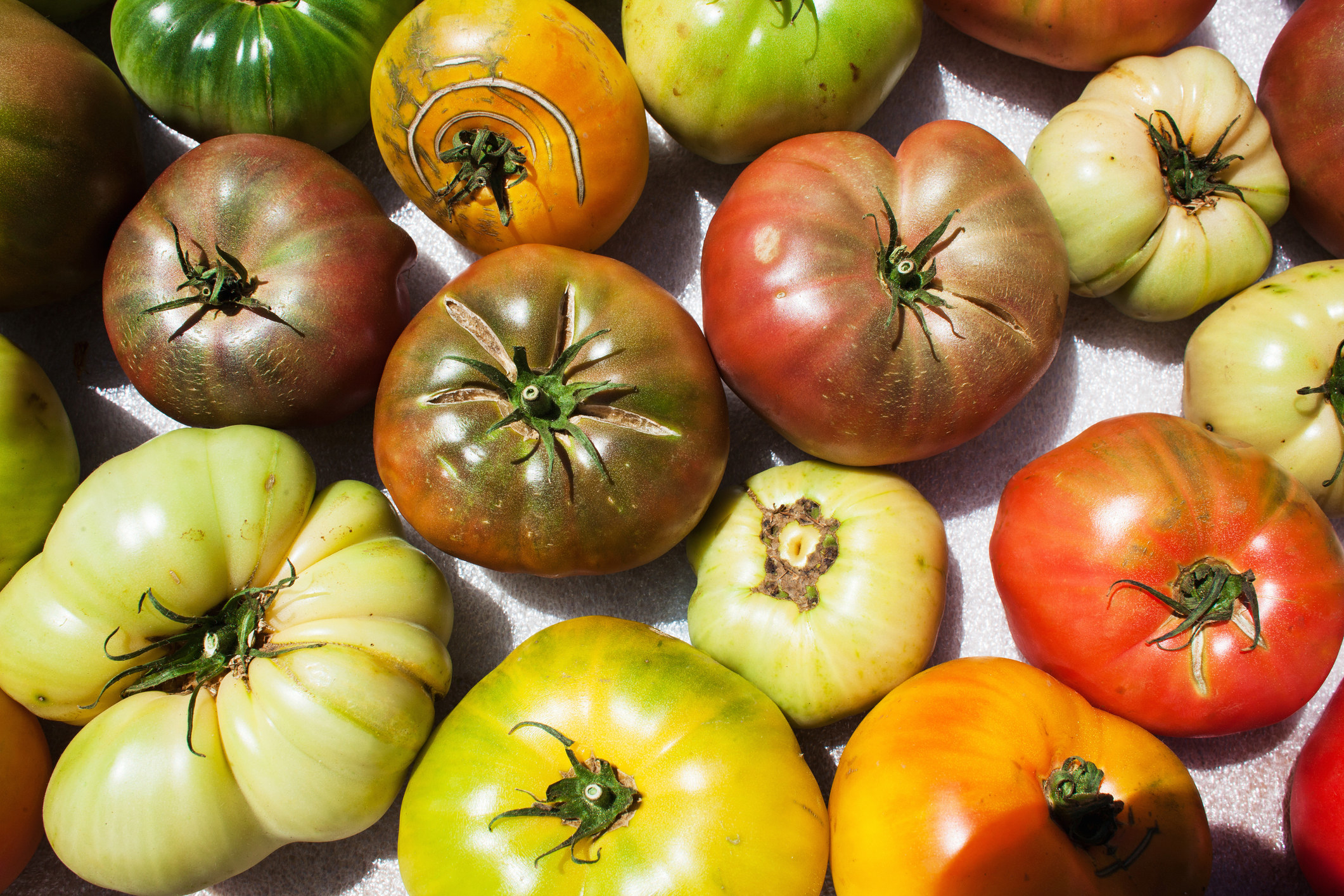
23. "That you must drink at least eight glasses of water a day. It actually depends on your activity level, weight, how hot/humid it is, and a variety of other factors. You may require more and or you may require less, but your body will tell you."
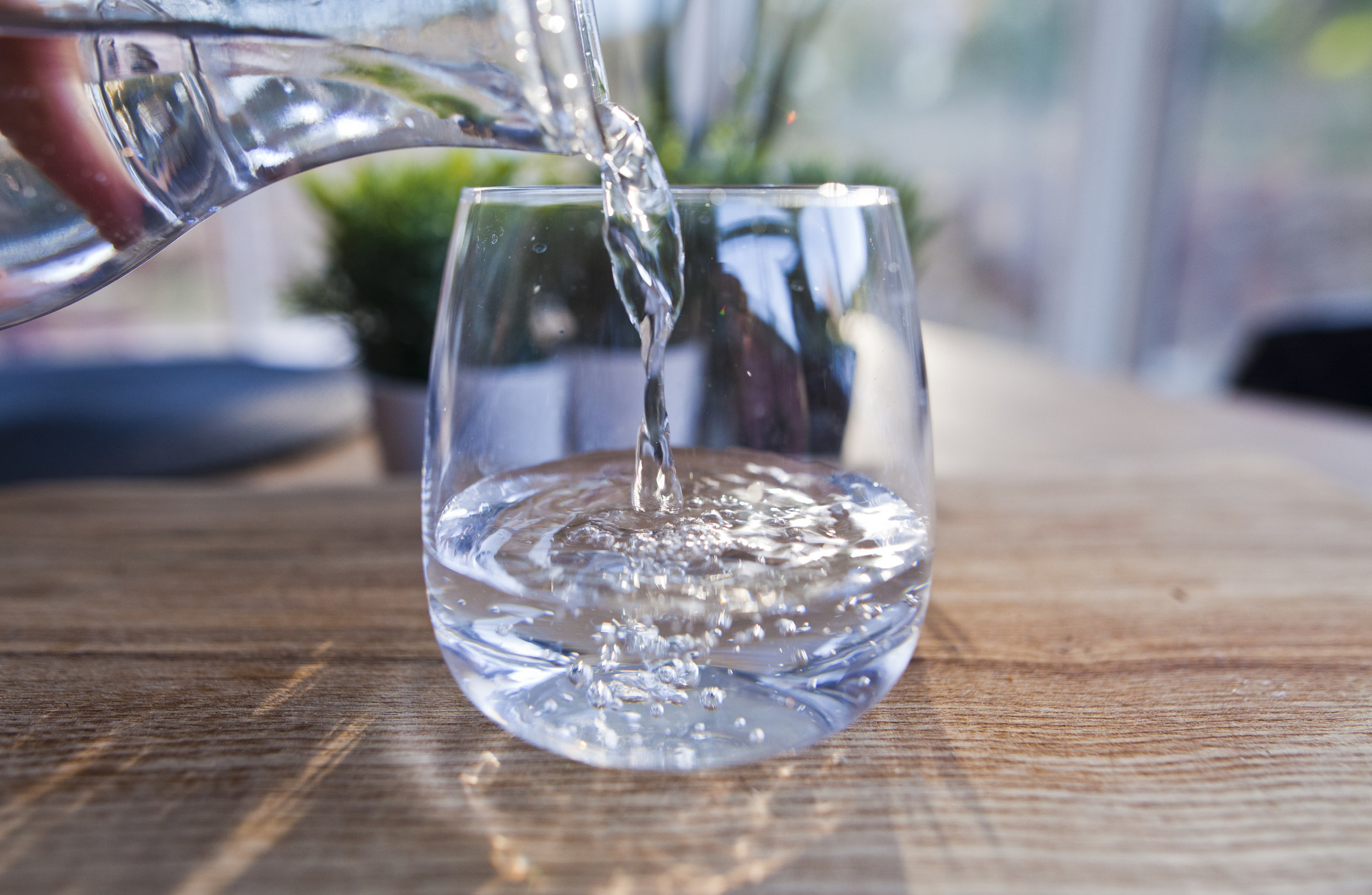
24. "That if you eat low carb or keto diet while consuming as many calories you want, you will lose weight. Weight loss doesn’t work that way."
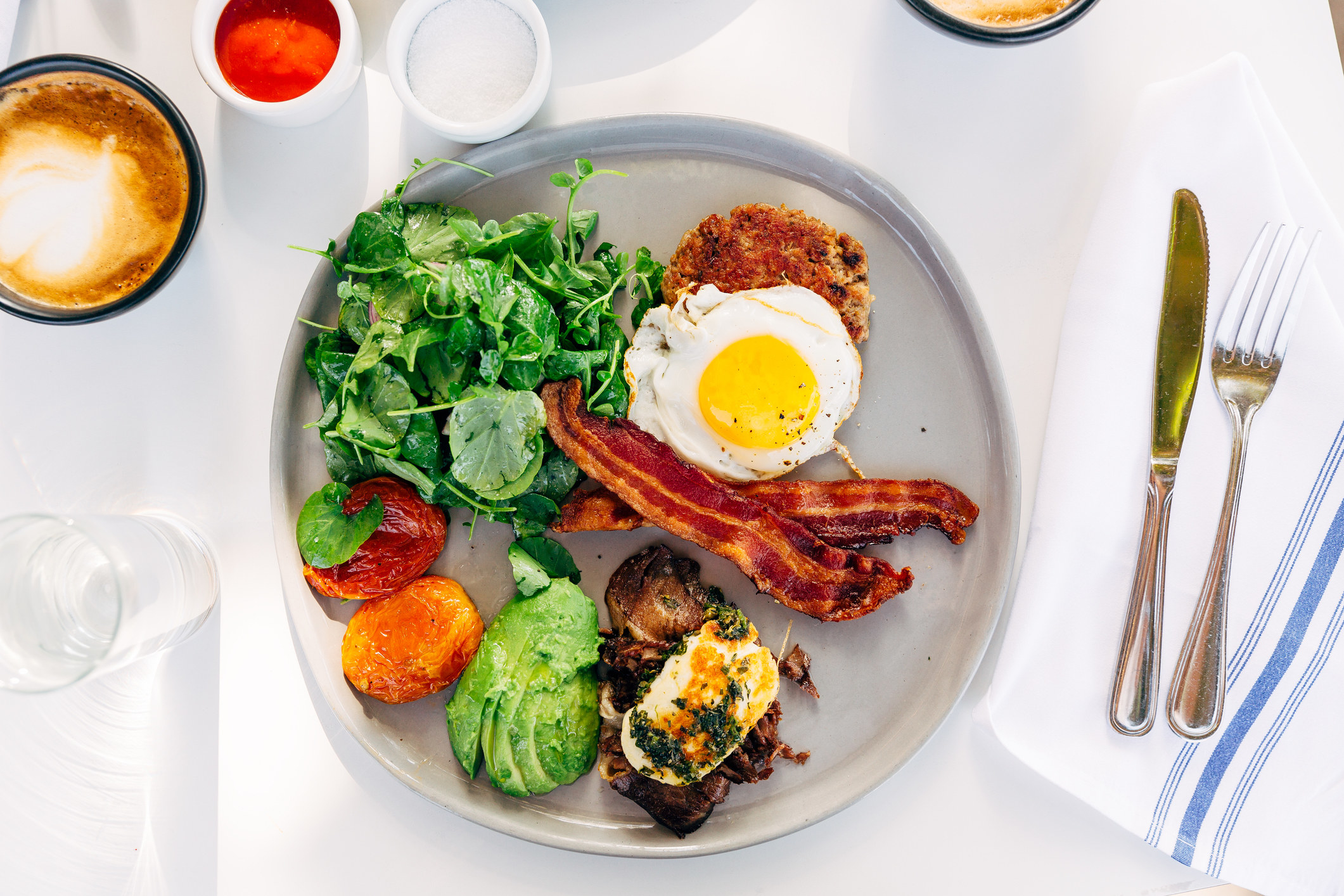
25. "That juice is ‘healthy’. Sure, it has some good essential vitamins, but it also has a huge amount of sugar."
